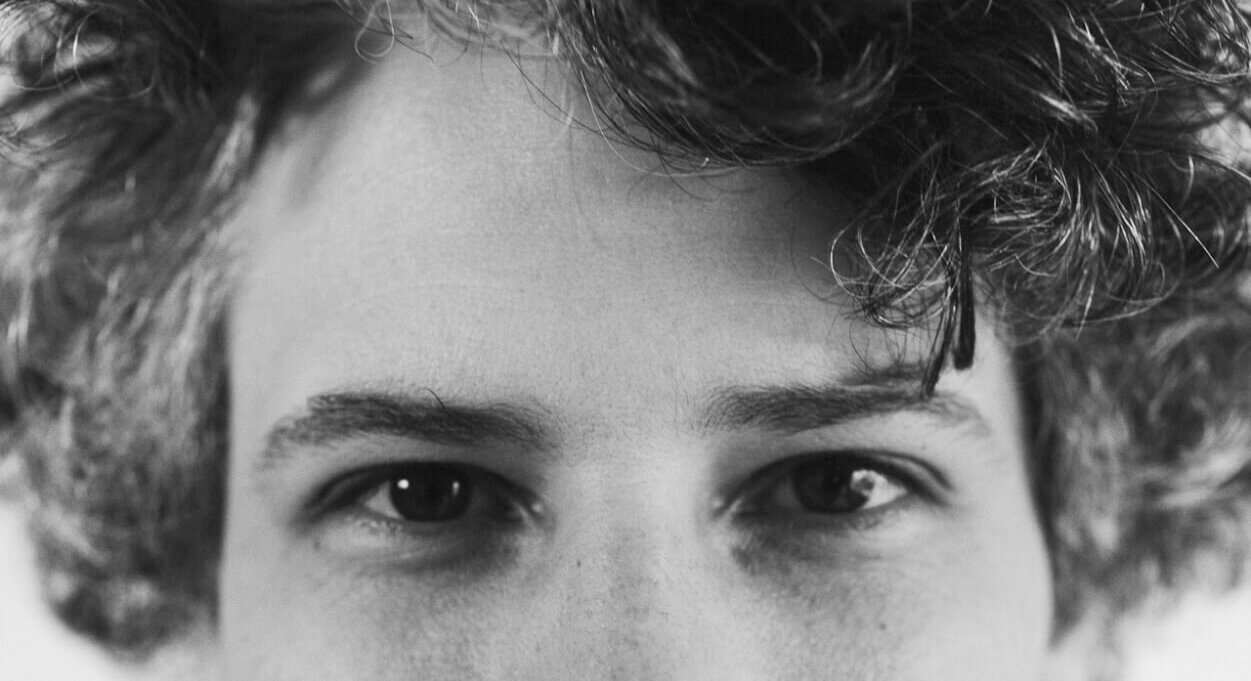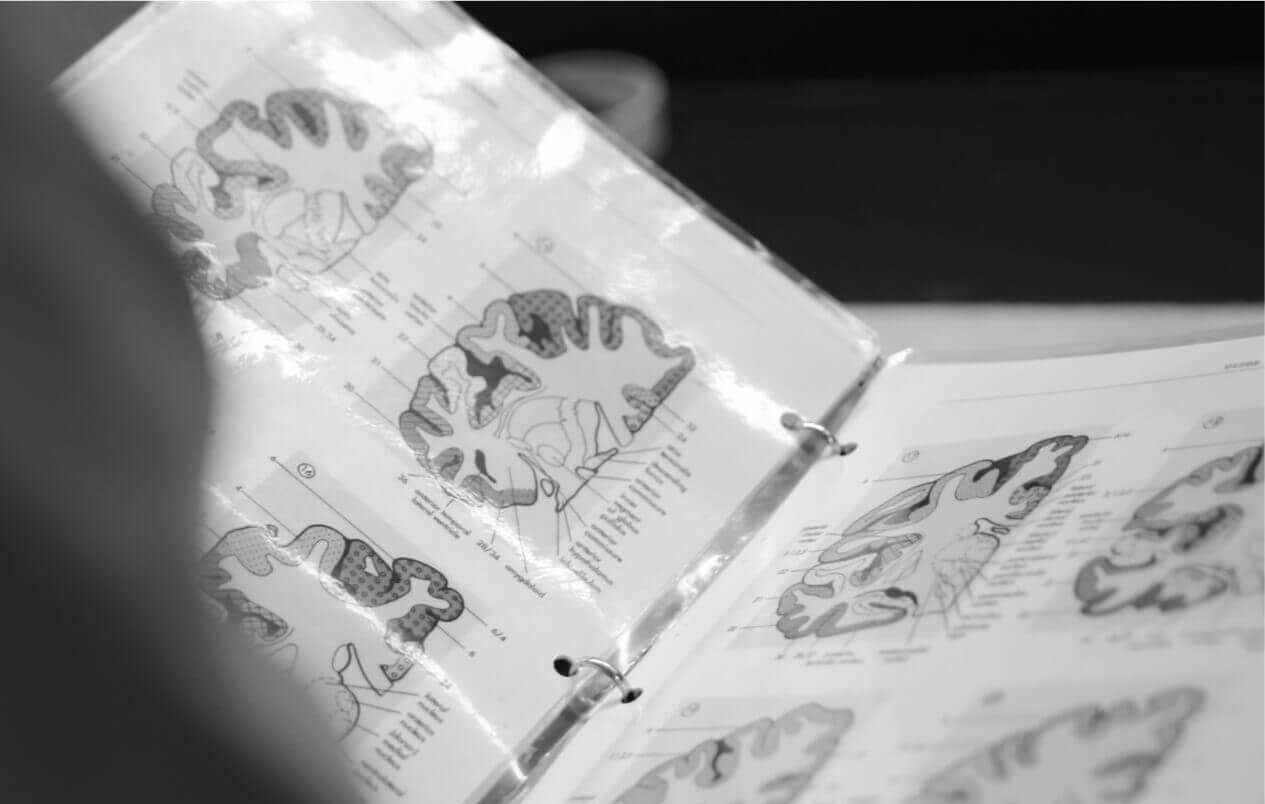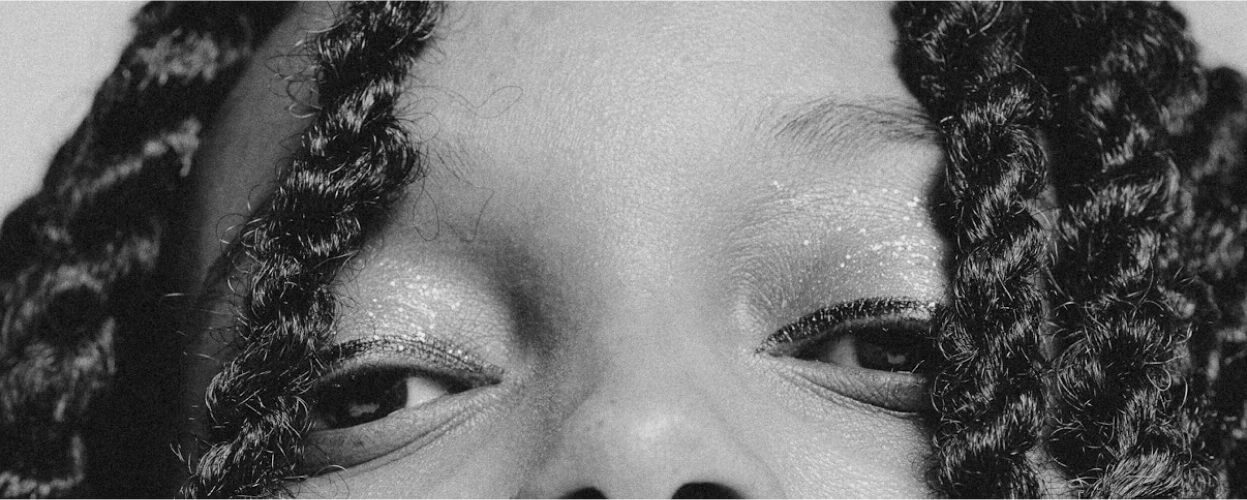A Special Invitation to Participants in Clinical Research
This message is for anyone who has participated in a clinical trial or medical research study involving the brain: Science would like to have your brain when you’re finished with it.
Sounds strange, we know, but think about this: for a variety of reasons, many people who have already contributed to science by being a participant in a study have not been properly invited to be a brain donor. That’s unfortunate, and we aim to change it.
Please consider this a cordial invitation to become a brain donor when the time comes – ESPECIALLY if you’ve been a participant.
Just imagine how much more information scientists can learn from donated brain tissue that’s eventually linked to test results, data, imaging, and bio samples (like blood and other fluids) collected while the donor was still alive.
It’s tricky because it involves personally identifiable information and personal health information about individuals that’s highly protected, and rightly so. That’s why researchers use a coding system to make sure the data remains secure and de-identified. The Brain Donor Project asks if a pre-registrant has been a participant as part of our online form to start the process. Here’s what that looks like:
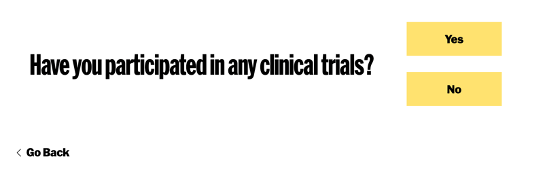
Near the beginning, after the contact information fields on the form, this question appears:
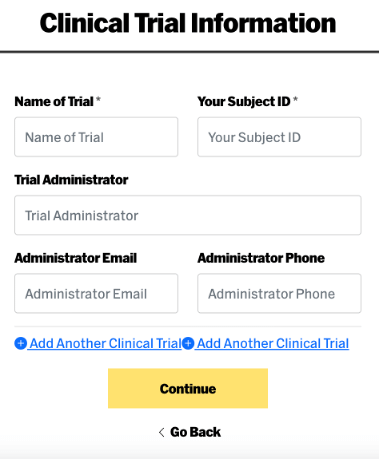
Please include as much information as is available to you – not all trials make participants aware of their subject ID. Then, continue to complete the form and hit submit.
This information enables qualified personnel to connect the tissue to the study information, thus enriching the value of both the study AND the brain tissue. It’s the kind of scientific contribution that makes an already generous gift even more meaningful.
Only those who conducted the original study are permitted to ask participants to consider donating their brains directly. And the identities of those who participated cannot be shared. After the study, it would involve a simple re-consent process to ask, but unfortunately, that doesn’t usually happen. Hence, the direct yet impersonal invitation we’re issuing: Consider allowing scientists to study your brain after you pass, especially if it has been studied previously. You are in a unique position to be a super-contributor to advancing the knowledge of brain disease.
